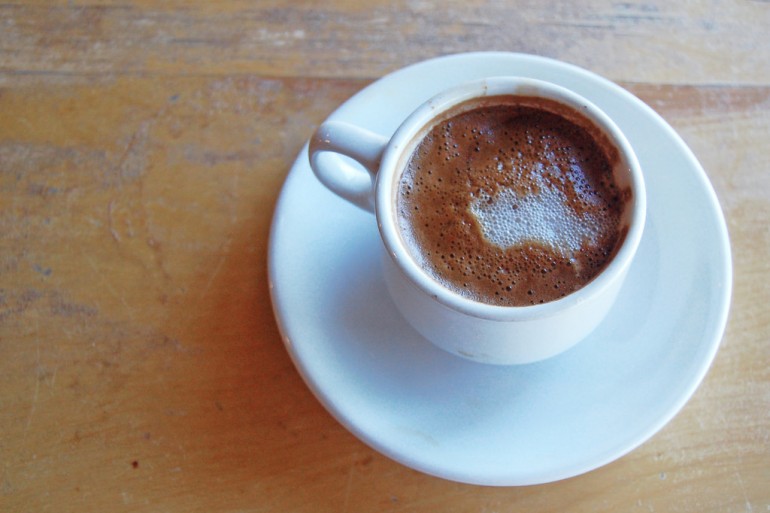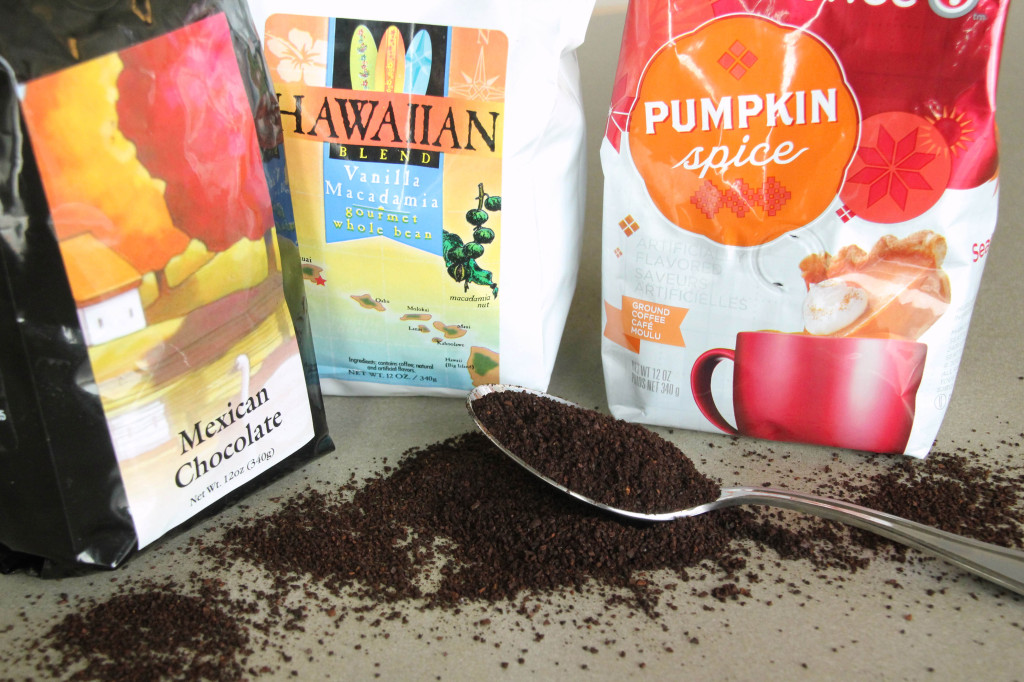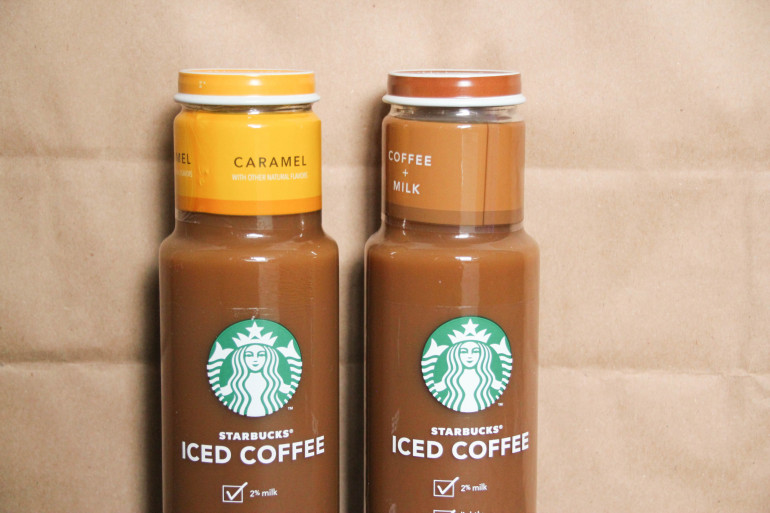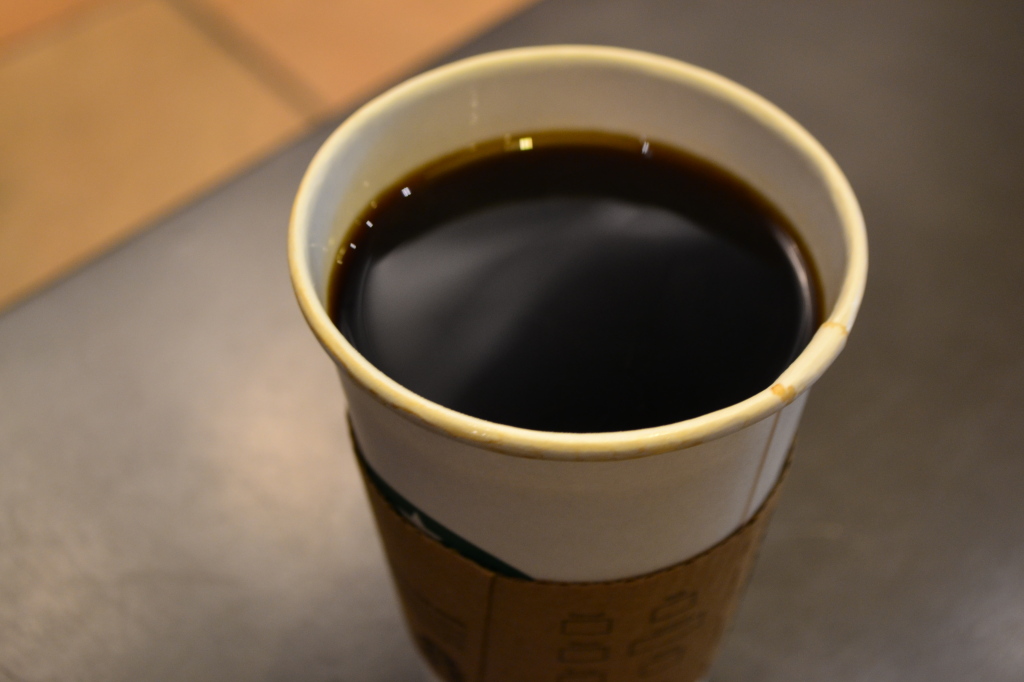Let’s be honest. As college students, coffee makes up around 99% of our bloodstreams. Not only do I enjoy a cup (or pot) of coffee in the morning, I also find it to be completely necessary in order for me to be a functional human being. I feel like I always have a mug in hand throughout the day. However, there is truly an art to drinking coffee in order to get the most out of the caffeine and keep the effects all day long.

Photo by Rachel Piorko
Your body reinvigorates itself at certain times of the day. It’s most helpful to drink coffee right after your body has produced the most amount of cortisol, which is your body’s natural way of waking itself up. Drink coffee between 9:30am and 11am and between 1:30pm and 5pm to avoid interfering with your cortisol levels. Trust me I know its difficult, but don’t reach for the mug first thing in the morning.
Drinking coffee when your body is already producing cortisol will create a higher tolerance. Additionally, cortisol is a stress-related hormone. Caffeine consumption during production causes an increase in cortisol levels, disturbing your sleeping pattern, lowering your metabolism and otherwise negatively affecting your health. Power through that initial wakeup and drink your coffee when your body is most receptive to it.

Photo by Helen Poon
Prolong the effects of coffee by eating a little grapefruit, sugar or healthy fats. These slow the absorption of caffeine into the bloodstream, so you can keep the buzz up all day long. Also give yourself time to drink your coffee slowly rather than trying to chug it all before class. Small hourly doses are more effective than one large dose.
Caffeine takes an average of 15-45 minutes to reach peak levels in the bloodstream. Because of this, some people recommend that you slip in a quick power nap right after you finish your coffee. The combination of sleep and the full effect of the caffeine will power you through the rest of the day.

Photo by Helen Poon
For athletes, coffee has been shown to give a performance boost if consumed about an hour before your event or competition. However, it is possible to consume too much. For someone approximately 150-lbs, 12-oz. of strong coffee will do the job. Too much caffeine leads to dizziness, anxiety and heart palpitations.
If you’ve heard it once, you’ve heard it a hundred times: your body builds up a resistance to caffeine if consumed in excess. If you want coffee to be most effective, try to drink it sparingly and only when you need it most. Smoking also reduces the effects of coffee as it causes caffeine to leave your bloodstream faster.

Photo by Ben Rosenstock
Make sure you think before you drink people. Whether it be lack of sleep, that lecture you just can’t keep your eyes open in or a night of studying, drink coffee when and how you should, and the caffeine will help you power through anything.
Now that you know how to get the most out of your coffee, check out these amazing coffee recipes and combinations:




